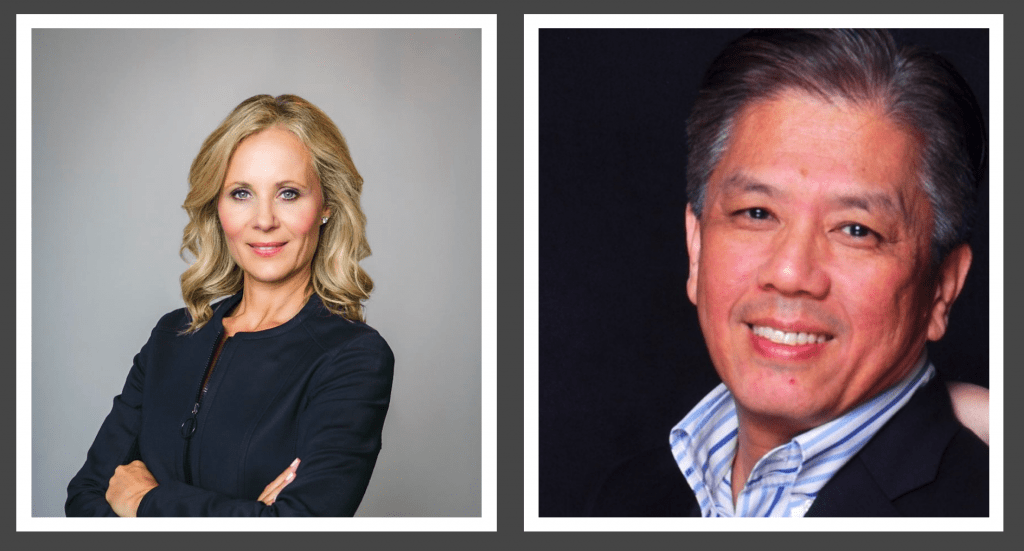
Co-Chair Frank Wong, President, Asia, at Scholastic Inc.
The IIEP Executive Circle met for the first time on March 10 via Zoom to discuss the global challenges of our times. Elliott’s newest leadership circle brings vast experience and broad perspective to questions that keep scholars at GW Elliott’s Institute for International Economic Policy awake at night.
“These conversations will shape our research and global public programs,” Professor Jay Shambaugh, one of IIEP’s two co-directors, said. Further, says co-director Professor James Foster, “The Executive Circle makes IIEP a more potent force for impact in the world.”
Circle members will advise IIEP’s directors, develop innovative international public programs, support Elliott graduate fellowships, and mentor students headed for careers in finance, trade, and economic development.
The circle capitalizes on Elliott’s international alumni network. Accordingly, the launch event featured thought leaders from around the world. At 5 p.m. East Coast time, the inaugural event began, and screens lit up with Elliott alumni and supporters from points across the map, with members joining from Hong Kong to London and from New York City to Seattle.
No one was shy, as circle members discussed top global priorities, from cybersecurity to the global workforce. The Executive Circle’s co-chairs noted that IIEP faculty are laser focused on these and other worldwide concerns.
According to Deborah Lehr (MA ’89) the institute’s work “has the power to change attitudes, build alliances, and achieve equitable, sustainable economic growth.” Similarly, Frank Wong (BA ’79) points to IIEP’s “emphasis on connecting the dots and creating new possibilities.”
The co-chairs and other executives brought wisdom from professions as diverse as their locales to the formal part of the program, a close look at the path forward for the United States in renewing relationships with major powers in Asia. While opinions varied, a central theme emerged: the relationship between China and the U.S. is one of the biggest geopolitical challenges of this century.
The merger of IIEP’s faculty brain trust with that of the IIEP Executive Circle adds intellectual firepower to the quest for new approaches to this and other global pressures. “The IIEP Executive Circle provides substantive insights, a network for students, and institutional support,” Dr. Ayres said. “And the members bring an array of perspectives on different slices of international economic issues.”

